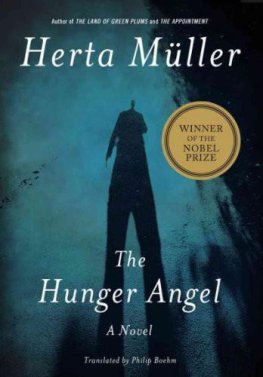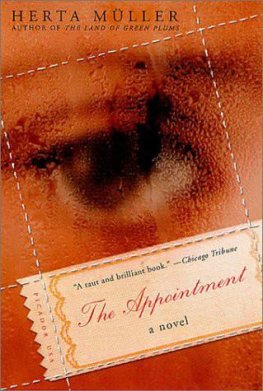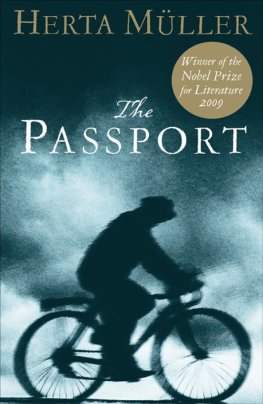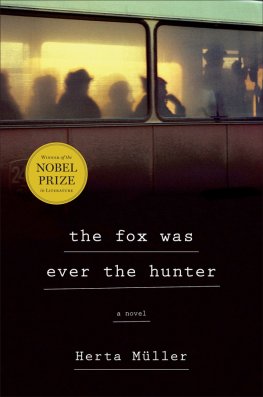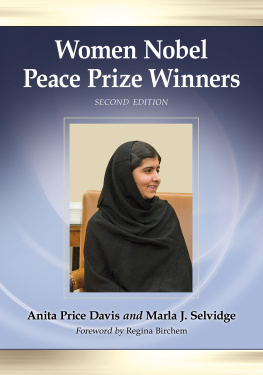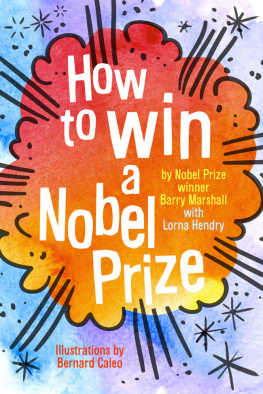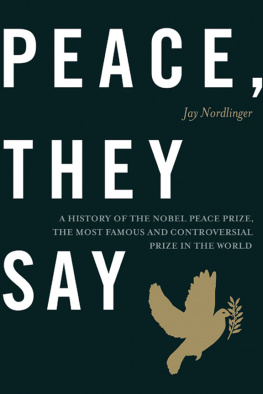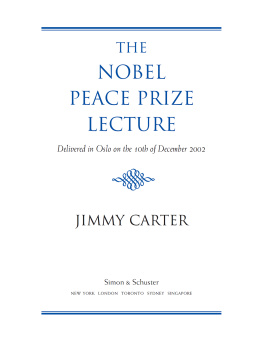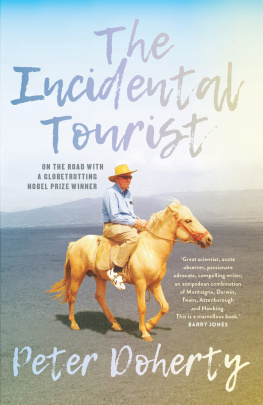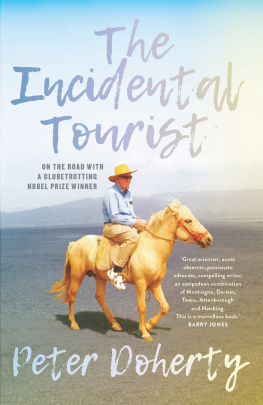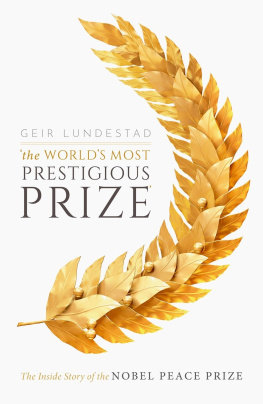Herta Mller
THE HUNGER ANGEL
A novel
Translated by Philip Boehm
All that I have I carry on me.
Or: All that is mine I carry with me.
I carried all I had, but it wasnt mine. Everything either came from someone else or wasnt what it was supposed to be. A gramophone box served as a pigskin suitcase. The light overcoat came from my father. The fancy coat with the velvet collar from my grandfather. The knickers from Uncle Edwin. The leather gaiters came from our neighbor Herr Carp, the green woolen gloves from Aunt Fini. Only the burgundy silk scarf and the toilet kit belonged to me, presents from the previous Christmas.
The war was still on in January 1945. In their dismay at my being shipped off in the dead of winter to who knows where in Russia, everyone wanted to give me something that might be of use, even if it couldnt help. Because nothing in the world could possibly help: I was on the Russians list, and that was that. So everyone gave me something, and kept their thoughts to themselves. And I took what they gave. I was seventeen years old, and in my mind this going away couldnt have come at a better time. Not that I needed the Russians list, but if things didnt turn out too badly, I thought, this leaving might even be a good thing. I wanted to get out of our thimble of a town, where every stone had eyes. Instead of fear I felt a secret impatience. And I had a bad conscience about it, because the same list that caused my relatives such despair was fine with me. They were afraid something might happen to me in a foreign country. I simply wanted to go to a place that didnt know who I was.
Something had just happened to me. Something forbidden. Something strange, filthy, shameless, and beautiful. It happened in the Alder Park, far in the back, on the other side of the short-grass mounds. Afterward, on my way home, I went to the pavilion in the middle of the park where the bands played on holidays. I sat there a while. Sunlight came stabbing through the finely carved wood. I stared at the empty circles, squares, and trapezoids, held together by white tendrils with claws, and I saw their fear. This was the pattern of my aberration, of the horror on my mothers face. In the pavilion I vowed: Im never coming back to this park.
But the more I tried to stop myself, the faster I went backafter two days. For a rendezvous, as it was known in the park.
That next rendezvous was with the same first man. He was called THE SWALLOW. The second man was new, his name was THE FIR. The third was THE EAR. Then came THE THREAD. Then ORIOLE and CAP. Later HARE, CAT, GULL. Then THE PEARL. Only we knew which name belonged to whom. The park was a wild animal crossing, I let myself be passed from one man to the next. And it was summer with white skin on birch trees and shrubs of elderberry and mock orange leafing out to form an impenetrable wall of green.
Love has its seasons. Autumn brought an end to the park. The trees grew naked, and we moved our rendezvous to the Neptune Baths. An oval sign with a swan hung next to the iron gate. Every week I met up with a married man twice my age. He was Romanian. I wont say what name he used or what name I used. We staggered our arrivals, so that no one and nothing could have any idea that wed arranged to meet: not the cashier ensconced in the leaded-glass windows of her booth, nor the shiny stone floor, nor the rounded middle column, nor the water-lily tiles on the wall, nor the carved wooden stairs. We swam in the pool with all the others and didnt come together until we were both in the sauna.
Back then, before my time in the camp as well as after I returned, and all the way up to 1968 when I left the country, every rendezvous could have landed me in prison. Minimum five years, if Id been caught. Some were. They went straight from the park or the baths to a brutal interrogation and then to jail. And from there to the penal colony on the canal. Today I know that almost nobody came back from there. The ones who did were walking corpsesold before their time and broken, of no use for any love in the world.
And in the campif Id been caught in the camp Id be dead.
After those five camp years I roamed the busy streets, day in and day out, silently rehearsing what to say in case I was arrested, preparing a thousand excuses and alibis to counter the verdict: CAUGHT IN THE ACT. I carry silent baggage. I have packed myself into silence so deeply and for so long that I can never unpack myself using words. When I speak, I only pack myself a little differently.
Once during the last rendezvous-summer I took a long way home from the park and found myself near the Holy Trinity Church on the main square. This chance detour turned out to be significant: I saw the time that was coming. On a column next to the side-altar stood a saint in a gray cloak, with a sheep draped around his neck as a collar. This sheep draped around the neck is silence. There are things we do not speak of. But I know what Im talking about when I say that silence around the neck is different from silence inside the mouth. Before, during, and after my time in the camp, for twenty-five years, I lived in fearof my family and of the state. Fear of a double disgrace: that the state would lock me away as a criminal and that my family would disown me out of shame. On crowded streets I would stare at the glass panes of the shops, at the windows of streetcars, of houses, I would gaze into fountains and puddleschecking to make sure I wasnt transparent after all.
My father was an art teacher. With the Neptune Baths inside my head, whenever he used the word WATERCOLOR Id flinch as though hed kicked me. The words knew how far Id already gone. At the dinner table my mother said: Dont stab the potato with your fork because it will fall apart, use your spoon, the fork is for meat. My temples were throbbing. Why is she saying meat when shes talking about forks and potatoes. What kind of meat does she mean. I was my own thief, the words came out of nowhere and caught me.
Like all the Germans in our little town, my mother, and especially my father, believed in the beauty of blond braids and white knee-stockings. They believed in the black square of Hitlers mustache and in the Aryan heritage of us Transylvanian Saxons. The physical part of my secret alone was a gross abomination. And with a Romanian there was the additional matter of Rassenschande.
I wanted to escape from my family, to a camp if need be. But I felt sorry for my mother, who had no idea how little she knew me. And who would think of me more frequently when I was away than I of her.
Inside the church, next to the saint with the sheep of silence, I had seen the white alcove with the inscription: HEAVEN SETS TIME IN MOTION. Packing my suitcase, I thought: The white alcove has done its work. This is the time thats been set in motion. I was also happy I wasnt being sent off to war, into the snow at the front. Foolishly brave and obedient, I went on packing. And I took whatever was offeredleather gaiters with laces, knickers, the coat with the velvet collareven though none of it was really right for me. Because this wasnt about clothes, but about the time that had been set in motion, about growing up, with one set of things or another. The world is not a costume ball, I thought, and no one whos forced to go to Russia in the dead of winter need worry about looking ridiculous.
A patrol consisting of two policemena Romanian and a Russianwent from house to house carrying a list. I no longer remember whether the word CAMP was uttered inside our home. Or what other word might have been spoken, except RUSSIA. If the word CAMP was mentioned, it didnt frighten me. Despite the war and the silence about my rendezvous draped around my neck, I was only seventeen years old and still living in my bright, silly childhood. The words WATERCOLOR and MEAT affected me. My brain didnt register the word CAMP.

